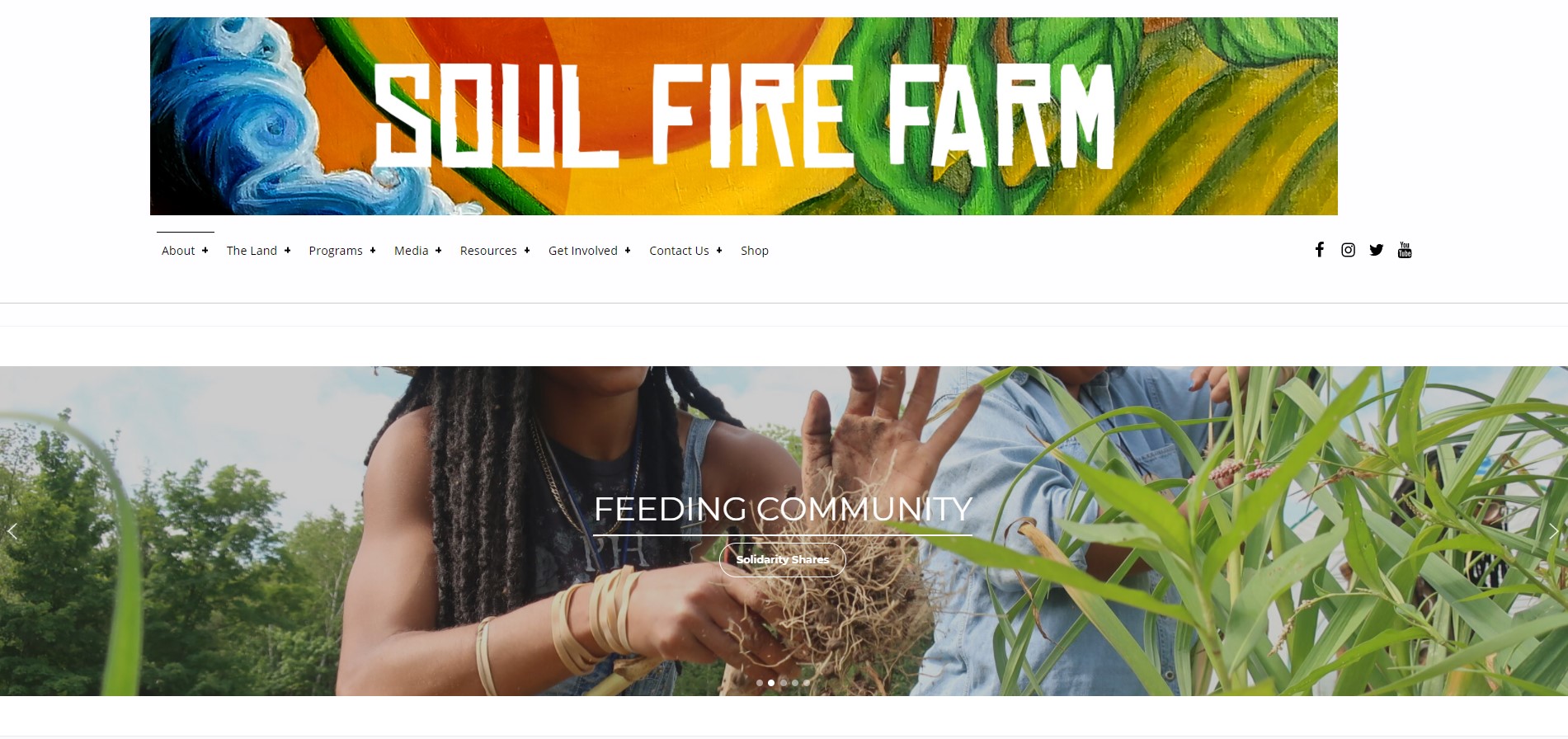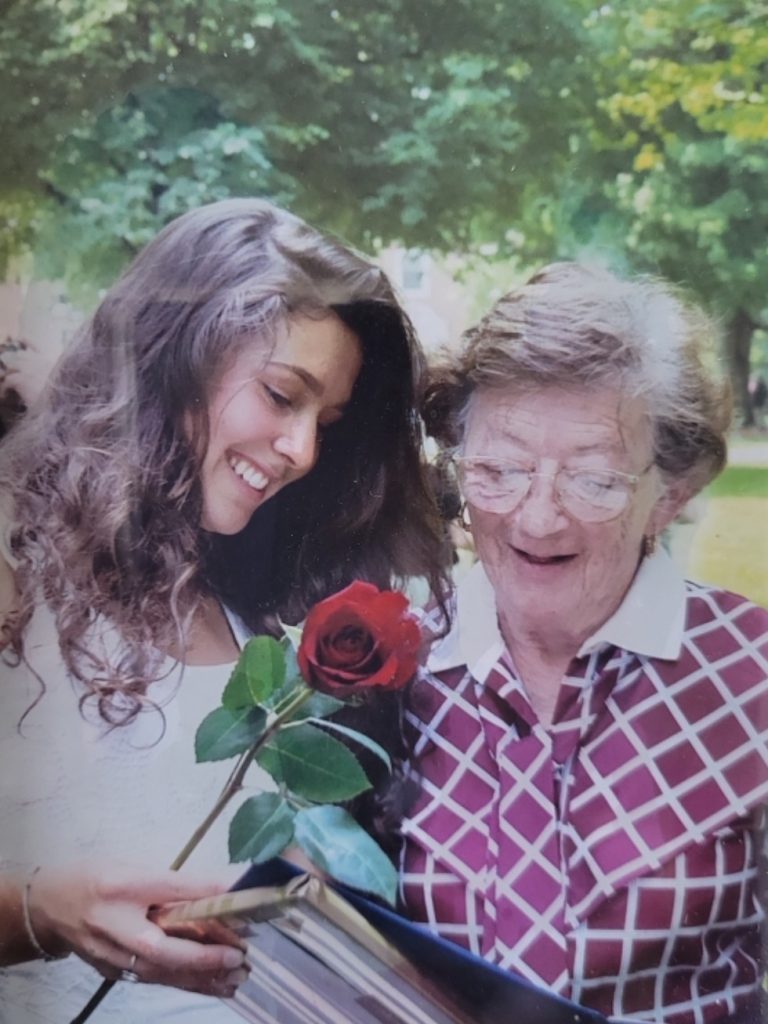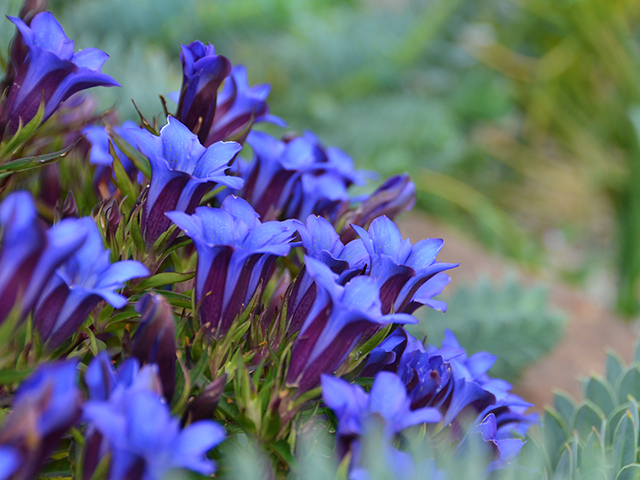In recognition of Black History Month, CMBG’s IDEA (Inclusion, Diversity, Equity, and Access) Committee wanted to take the opportunity to honor the traditions, skills, and knowledge Black Americans have brought to our field. Each week, one of our members will offer a blog post featuring the Black horticulturists, farmers, gardeners, and botanists who have inspired them, and who are making history today.
This week, we welcome CMBG horticulturist Brent McHale. Brent’s work encompasses the Great Lawn and adjacent Arbor Garden. Interested in teaching people both where their food comes from and how to grow it, he’s inspired by Soul Fire Farm, an “Afro-Indigenous centered community farm committed to uprooting racism and seeding sovereignty in the food system.”

Soul Fire Farm does an amazing job helping Black, Indigenous, People of Color (BIPOC), and underrepresented others learn about food sovereignty, while also distributing food to those in need. They have an 80-acre farm in Grafton, NY, where they grow a huge variety of fruits and vegetables and offer a number of programs dedicated to educating the public on topics from farming and building to youth programs.
What’s been so inspiring to me is the work they do beyond teaching people to grow their own food. In 1920, there were almost a million black farmers. Today that number is around 45,000, roughly 1.3% of farmers in America. Soul Fire Farm confronts the ways in which the farming industry has discriminated against BIPOC farmers and what actions we can take to help those affected get back onto a level playing field.
In fact, only recently has the USDA changed policies requiring farmers to have a serial number for their farm, a time-consuming practice that has disproportionally affected BIPOC farmers. According to a 2019 article in The Guardian, having land split among relatives, “a common state of affairs across black farmers, who often lacked access to legal resources,” often meant no clear land title. This lack of proof of ownership leads to a number of problems, not the least of which is the inability to obtain that serial number, needed in order to apply for financial assistance. Per the US Census Bureau, “80% of land owned by black people has been lost since 1910 due to this issue.”
Soul Fire exposes how such communities have been disproportionally affected by our current industrial agriculture system and gives affected individuals the skills and knowledge they need to overcome such obstacles. One such ambitious project is “Soul Fire in the City,” a program that gives raised beds, seeds, plants, and (most importantly) knowledge to people living in urban areas around the Albany, NY, area. It makes me feel so good to see how they are connecting people back to the land, showing them the countless benefits to be gained from it. Soul Fire Farm’s awesome youth education program is also wonderful—beyond educating the farmers of today, we need to educate those of the future. The more people we can connect back to the land, reestablishing that special bond, the better—especially for those most unjustly affected by past policies.
What Soul Fire Farm is doing for the Afro-Indigenous community is truly astounding, an example for the rest of us in the country to follow. This is only a brief introduction to the work they do and the resources they have available. I encourage you to dig around their website—trust me—you’ll be inspired.


